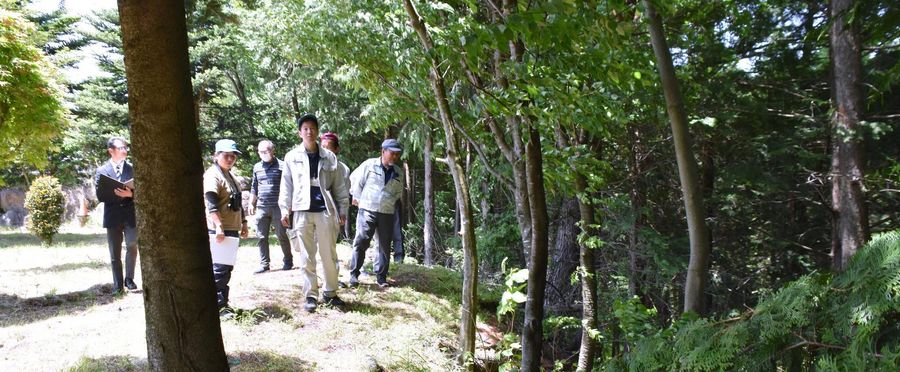A significant decrease in bear sightings has been observed in Japan, sparking discussions about the effectiveness of newly implemented zoning policies. Considered a shared responsibility between humans and wildlife, this development comes after recent attempts by the government to tackle human-animal conflicts. The data suggests a reduction of bear encounters by half, prompting questions and analysis on the possible positive impact of zoning systems.
Japan is home to a large population of various bear species, and the government has been grappling to manage human-bear conflicts for years. It has recently been ramping up efforts to establish designated zones to separate human and bear habitats. The societal values at play are a respect for nature, coexistence, and environmental preservation, as well as the safety and wellbeing of citizens.
In the US and EU, similar challenges exist. Wildlife zoning and corridor building is a common strategy. However, implementation and success is widely varied by region and species. The topic of human-wildlife conflict and cohabitation is multi-complex and creates debates concerning property rights, safety, and environmental responsibility.

